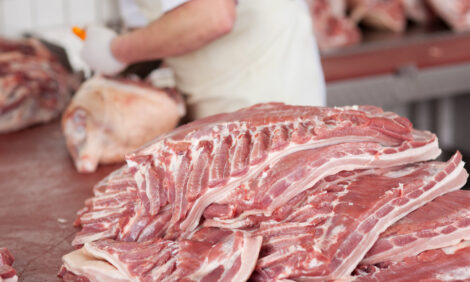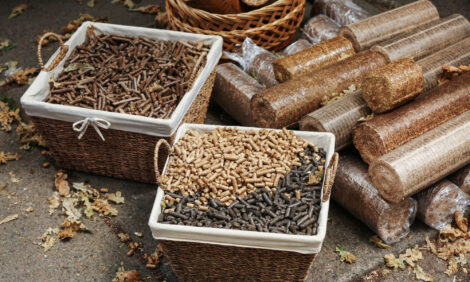



British Egg Producers Receive Praise for Efforts
UK - The Government’s new chief veterinary officer has praised the efforts of British egg producers in tackling salmonella, and says they are on course to meet Government targets for the further reduction of salmonella levels over the next three years.Nigel Gibbens, who became chief veterinary officer in May this year, said in an interview with Ranger that the UK industry had responded well to the challenges of salmonella. He said the industry had been "very proactive in recent years in applying measures such as vaccination and biosecurity to reduce the level of salmonella in the national flock.
FarmingUK reports that many operators in the poultry industry have responded to concerns about salmonella by introducing tight biosecurity measures to minimise the possibility of the introduction of infection onto their premises and to reduce the risk of cross contamination if an infection is introduced," he said.
He said that the control of salmonella by UK producers compared very well with other EU countries.
In February this year the Government launched a salmonella national control programme amongst commercial laying flocks. The launch of this programme followed a 12-month survey which established that salmonella enteridis (SE) or salmonella typhimurium (ST) - the two most important types of the bacteria as far as public health is concerned - were present on eight per cent of laying flock holdings. This figure was amongst the lowest recorded by major egg producing states in the EU.
The national control programme is intended to cut levels still further and Nigel Gibbens says the programme seems to be working well so far despite some concerns.
"We acknowledge that the industry is concerned about the requirement to heat treat eggs intended for human consumption from flocks confirmed as SE or ST positive after January 1 2009.
The UK was able to achieve some amendments to the EU regulation governing the running of the programme which will help the industry and intends to implement the requirements as flexibly as possible whilst remaining consistent with the purpose of the legislation and the protection of the food chain," he said.
Current field research had achieved considerable success with producers who had put in place the necessary interventions to eliminate salmonella from their farms. Advice would continue to be available from the VLA on the detailed application of remedial action which had been shown to be effective in controlling the problem - rodent control, biosecurity, effective vaccination and cleansing and disinfection.
"We want to see a thriving free range egg sector in the UK but we can only achieve this with the help of producers, retailers and consumers," he said. "All the advice and feedback which you provide to us is hugely important, as is your co-operation on biosecurity measures. I look forward to working closely with you for a successful and healthy future."









